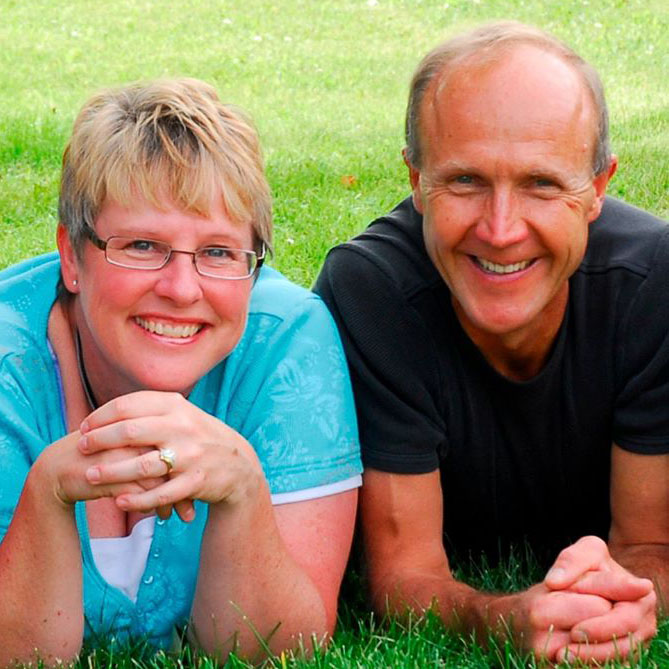Wikipedia defines Corporate Social Responsibility as a concept whereby “organizations consider the interests of society by taking responsibility for the impact of their activities on customers, suppliers, employees, shareholders, communities, as well as the environment.”
It is seen as a beyond-legislation practice for corporations to improve the quality of life for employees, families, local community, and to be respectful of our environment.
Very noble indeed!! And there have been billions of dollars invested every year toward this obligation. Yes, it is appropriate for the leadership in organizations to be diligent about this social responsibility. And yet, in these times of so called “economic recession,” I’m curious to know if this dedication will continue.
Regardless of what the corporate world does, isn’t it high-time you and I start being accountable for our own quality of life and how we impact our environment? Isn’t it time for you and me to be leaders? Isn’t it time to stop blaming the proverbial “they” and start doing something to improve our own quality of life? After all, the “they” is just a whole bunch of “you’s” and “me’s.”
Here’s what got me thinking about this.
In my travels I regularly hear ludicrous comments such as:
“They can’t even keep their airplanes on time.”
“They are real jerks. They don’t treat us with respect.”
“Why do they keep destroying our environment?”
“They don’t care about anything but themselves.”
“Why don’t they organize work-bees and clean up this community?”
And last summer, a newly-wed raged, “I’d like to get my hands on those weathermen. They ruined our special day.”
Since any corporation, organization, community, or family is a bunch of people (you’s, we’s, and they’s), how can we, as individuals, implement Corporate Social Responsibility?
Here are accountability challenges which, if you and I choose to accept them, will positively affect our own quality of life, our families, communities, and our environment. These are not big, tough, or expensive things, and as we apply them consciously, we will experience huge positive implications in society and on our environment.
1. Love, honour, trust, and respect yourself. This includes being honest with yourself and keeping agreements with yourself. Set yourself up for success by committing to your goals and plans. Avoid buying-in to your own excuses and B.S. stories such as: forgetfulness; lateness; too busy; don’t care; not enough time; comparing self to others; keeping score; etc. These excuses tear down self-confidence, self-esteem, keep you from utilizing your potential, and keep you perpetually feeling crappy.
2. Do unto others as they would have you do unto them. This slight twist of the Golden Rule means that we need effective communication. Asking, and then listening to understand another person’s needs and wants eliminates guessing or incorrect assumptions. The point is; none of us are mind-readers. We have absolutely no correct knowledge about what another person is thinking or feeling unless we ask. And besides that, if we treat others as they would like to be treated, wouldn’t it eliminate or reduce most of our conflicts? I think so.
3. Implement a Contribution Plan rather than expecting a Compensation Plan. Think outside the barn about your job, business, and community. Rather than thinking about how much you make per hour, per contract, or what you can get from your community; strive to give more value, give more service, give more help, give more money, give more time and expertise as a volunteer. Give of yourself unconditionally. You will receive abundantly in some way, some time. Trust in it. This law of reciprocity always works.
I caution: this law also holds true if you give disrespect, dishonour, distrust, dishonesty, etc. I guarantee you will receive abundantly of those things in return.
4. Do things to protect our environment and reduce your carbon footprint. If we care for Mother Earth, she will care for us. If we don’t care for her, I don’t know where we can run – she has a significant advantage.
Small things done by many people make a big difference.
– Replace incandescent bulbs with fluorescents.
– Turn off lights in unoccupied rooms.
– Turn off appliances that are not being used or are used as time-wasters or silence-breakers (TVs, radios, computers, etc).
– Turn down the thermostat and wear a sweater.
– Take quick showers and only run the water for the initial wet-down and the final rinse-down.
– Recycle, reuse, and dispose of garbage properly.
– Car-pool, use public transit, combine several trips into one, minimize lengthy idling, and obey highway speed limits.
– Plant trees, grasses, and flowers which are native to your area. They sequester carbon and reduce/eliminate the use of gas-powered lawn mowers, weed-eaters, and trimmers. Strive for a more natural look rather than a highly-manicured yard.
Can you and I be socially responsible?
You bet.
These challenges are conscious choices that we can all make to improve our quality of life. They affect how we feel about ourselves, our professions, our families, communities, and environment, regardless of what the corporations are doing.
I choose now, to accept my own Corporate Social Responsibility and become accountable for my quality of life. I’ve tossed away the big “V” that I used to wear on my forehead – the “Victim” label which allowed me to blame the “they’s” for my inconveniences.
I choose now, to own who I am and the results I create.
What about you? Are you up for the challenge?

